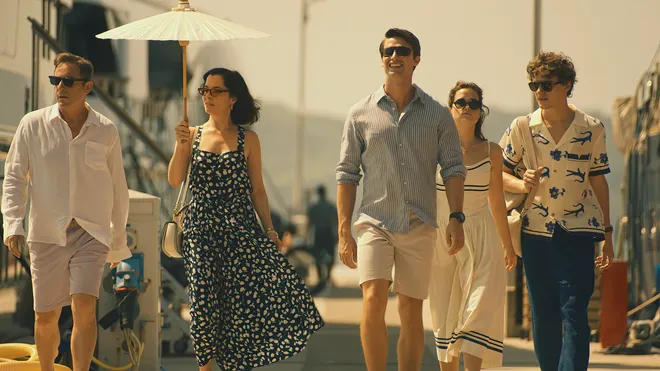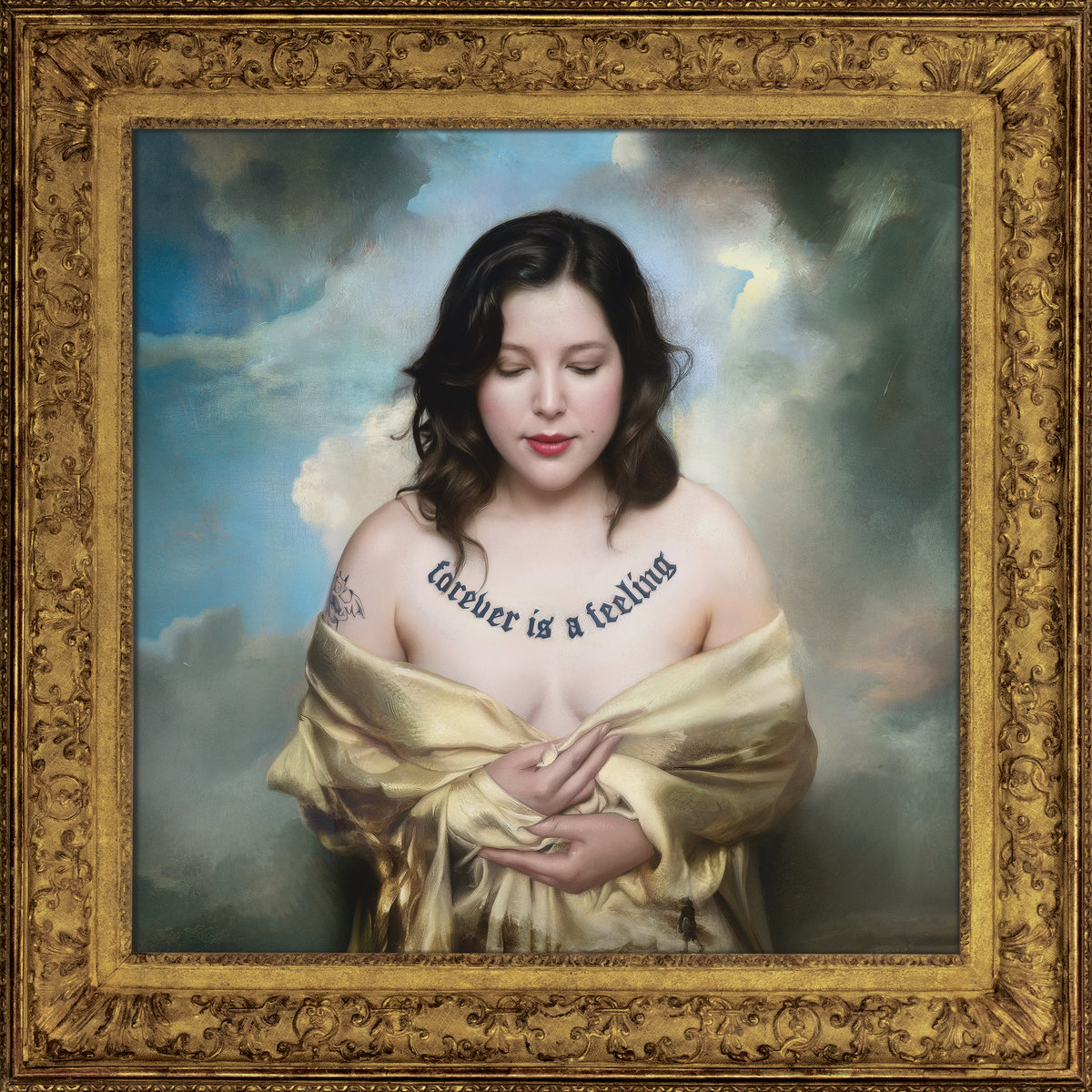What makes a hero? Is it a shiny suit of armor? A hammer that only you can carry and that summons thunderclouds? A shield, bow or a bipolar disorder that causes you to turn into a freakishly strong green monster? Heroes in the Marvel universe(s) are often seen as being more than mere mortals (I mean, one of them is literally a god), but they all have their fair share of human struggles (yes, even the god), which makes them more relatable and likeable as characters. This is an aspect of core Marvel that was not lost on those that made “Thunderbolts*.”
“Thunderbolts*,” the latest movie in the Marvel Cinematic Universe (MCU), centers around a team of five former super-criminals of the same name who have to band together, first to keep their former employer Valentina Alegra de Fontaine (Julia Louis-Dreyfus) from killing them and then to save New York (again) from a mentally unstable super-being.
The team consists of Yelena Belova, a former assassin; John Walker, aka U.S. Agent (Wyatt Russell), a super-soldier and washed up second Captain America; and Ava Starr, aka Ghost, (Hannah John-Kamen), a former foe of Ant Man with the ability to go invisible and intangible.
Also present are Alexei Shostakov, aka the Red Guardian (David Harbour), the Soviet equivalent of Captain America, Bucky Barnes, aka The Winter Soldier (Sebastian Stan), WWII soldier-turned brainwashed super-soldier assassin turned hero with a metal arm, and finally, Bob (Lewis Pullman), a former drug addict with a history of mental health problems who was enhanced by an experimental treatment into a superbeing known as The Sentry.
“Thunderbolts*” is one of the MCU’s real hits for the first time in a while now. I didn’t even bother with “The Marvels,” “Captain America: Brave New World” could have been so much better, and “Guardians of the Galaxy: Vol. 3” leaned so heavily into emotion that it left me depressed and questioning the sanity of some of the movie designers. Though the film is a bit slow at times, and some action feels lacking, “Thunderbolts*” is a really good movie. The acting is spot on, there’s a good balance of comedy and seriousness and the fight scenes are really well made. The plot is fairly basic but well executed, and it lacks any holes.
The best aspect of the movie is the characters themselves. All are former criminals who have done terrible things and are haunted by their mistakes. Yelena went through a program to turn young girls into assassins, Walker killed an innocent man in a fit of rage as Captain America and had his wife leave him, taking his kid. Ghost executed contract kills, Barnes murdered people for a terrorist organization and Bob had a traumatic upbringing at the hands of a physically abusive father and enabling mother. The characters find solace in each other across the movie, and form a true team as they fight through threats and their pasts.
This isn’t the first time that Marvel has tackled mental health issues. In “Iron Man 3,” Tony Stark struggles with PTSD throughout the movie, bringing out another interesting dimension to the character. In the t.v. series “Moon Knight,” the main character struggles with schizophrenia brought about by years of abuse by his mother, causing the hero to have split personalities that regularly interact throughout the series. Both of these examples were interesting to watch, but while Moon Knight’s condition served to set him apart from ordinary people, Tony Stark’s issues played out in much the same way as those in “Thunderbolts*,” showing a merely human side to the Invincible Iron Man. In all of the aforementioned cases, the mental health portions of the productions were well made, and added depth to the characters in an appreciateable way.
The focus of the movie isn’t on what makes these characters heroes, it’s on what makes them human, and why that matters more. In the scene where Bob loses it as The Sentry and turns into his evil alter ego, The Void, the rest of the Thunderbolts band together on the ground to save civilians as The Void brings two helicopters and a skycrane down on them.
The focus of the heroes in the scene isn’t taking out Bob, it’s saving people from the ensuing carnage (the Avengers focused on stopping a robot and not on the city he was about to drop, for comparison). The characters understand that true heroism isn’t stopping cosmically evil and all powerful beings, it’s saving ordinary people from getting killed in the crossfire, and only through such actions can they atone for their pasts.
Likewise, after gaining his incredible powers, Bob suffers from delusions of grandeur, comparing himself to a god, but he’s still a human going through human emotions and struggles. As his good self is amplified, so too is his darker side, causing him to go on a rampage.
Most of the characters fight depression and a feeling of powerlessness over themselves and their worlds, and the contrast between that and their powers makes the fight all the more moving and human. Only together, does Yelena realize towards the end, can they fight the void that lies in each of them and find some joy in their lives.
Overall, I really enjoyed “Thunderbolts*.” I loved the mental health aspects more than I expected, and it’s the first Marvel movie in a long time to genuinely move me. The characters are well fleshed out and relatable in some ways, the special effects are well rendered, the costume design is spot on and the action shots, especially those involving The Sentry/Void, are impressive and enjoyable. Hopefully, “Thunderbolts*” can strike in the same place twice, because I really want to see more of this quality of movie from Marvel in the future. I want to be able to watch a god, a man in armor, a hulk, a spiderman and whoever else shows up and see them not just as a hero, but as a human too.

























